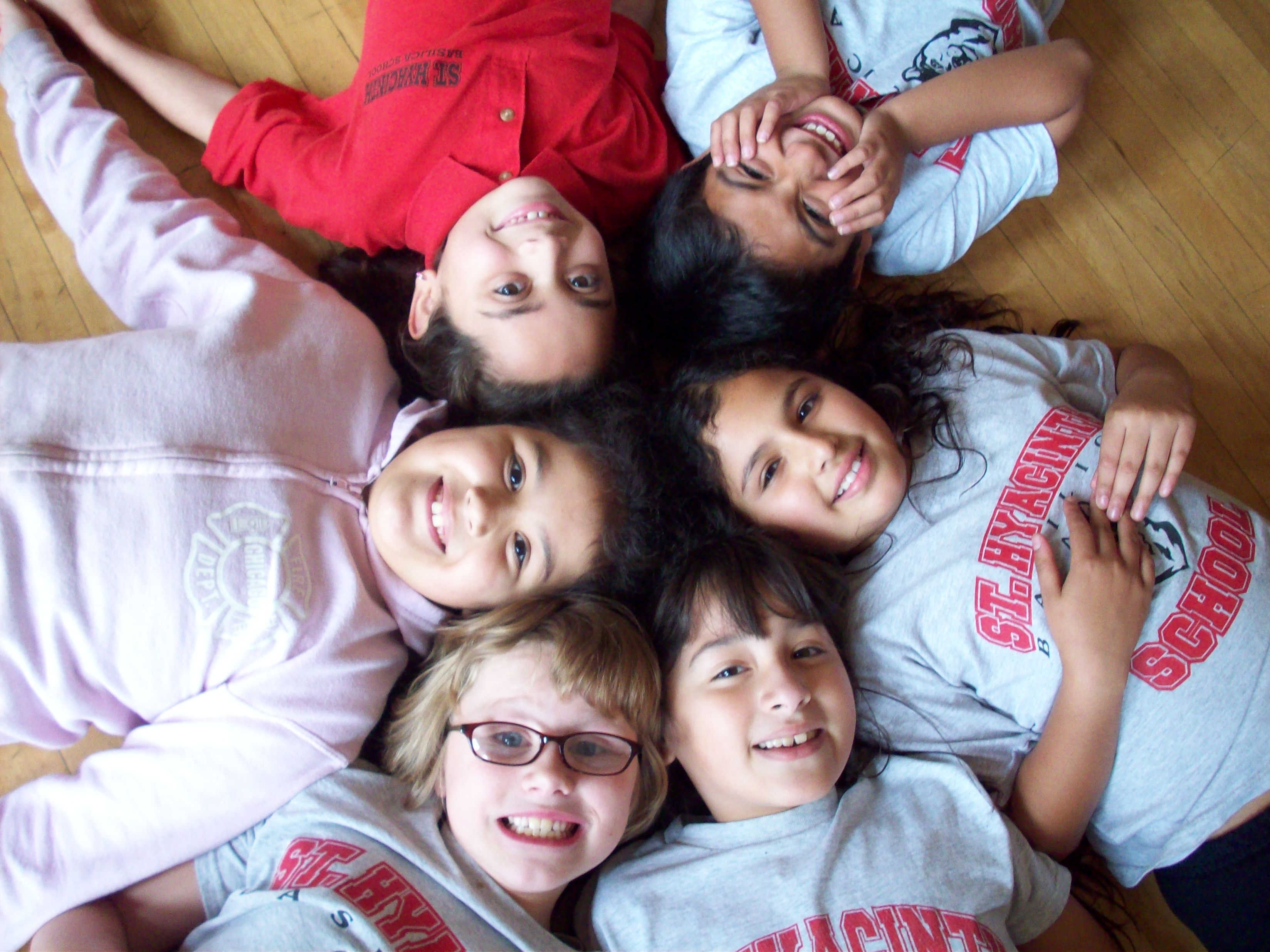For a very long time emotional intelligence in kids was overlooked by educators and educational institutions. In 2003 the State of Illinois passed a bill to add “social and emotional learning” to school curricula. Schools all over Chicago started implementing programs to create and develop social and emotional skills in children, for example, how to manage the feeling of anxiety or anger.
According to this article in The New York Times, many studies have been conducted to evaluate how successful social-emotional learning is for young students. The majority of findings from different studies revealed that children who exhibit higher emotional intelligence tend to be more academically successful. Kids from low-income families tend to experience more problems with controlling their emotions and feelings due to stressful home environments, meaning that these are the students most in need of programs that teach social and emotional skills.

Some schools in underserved areas of the country implement special detailed plans on how to deal with gang issues and violence in school and surrounding areas. Psychologists and educators agree that the start of the solution should be solving children’s social and emotional issues. Only after addressing these problems can children deeply absorb an education that emphasizes peace, the importance of education, and community values. When children attend social-emotional learning programs, studies show that even two years after leaving the program, children still exhibit gains in emotional intelligence.
Here are few quotes from students who studied social-emotional learning with educators from Urban Gateways:
83% of students say they are more likely to consider other’s ideas, even if they are different from their own.
“I learned that through collaboration everyone has a voice and they can be heard. Like create something better than what they are.”
– 11th grade student, CoCre8 Project at the Washington Park Arts Incubator
84% of students say they can think of more than one way to do something.
“It made me believe there’s more than one solution to a problem”
– Morton School of Excellence, 8th grade student, Theatre Teaching Artist Jen Green
85% of students say now they are able to apply what I’ve learned in class towards success in future classes or in life.
“It helped me see what I can accomplish in life through art”
– Woodson Charter School, 7th grade student, Visual Teaching Artist Karen Light
